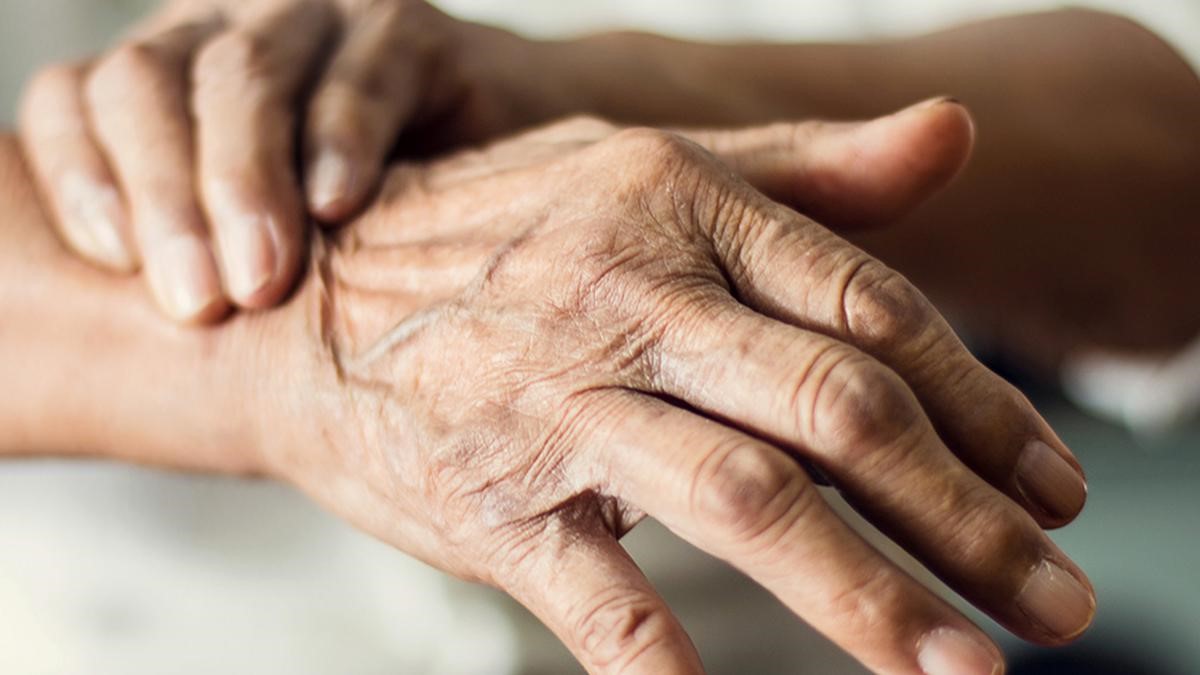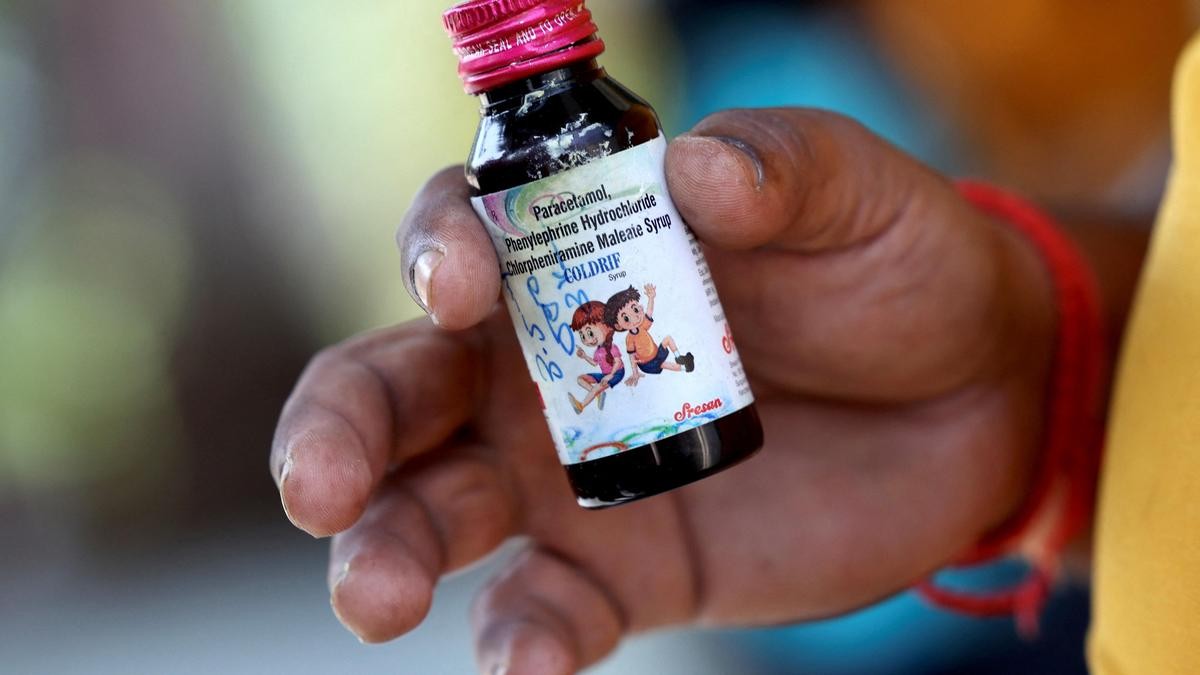Description

Source: Hindu
Disclaimer: Copyright infringement not intended.
Context
- A 65-year-old patient from France, suffering from Parkinson’s plus syndrome, a neurodegenerative disorder with limited surgical options, has undergone a high cervical spinal cord stimulation in a private hospital in Bengaluru.
Details
About Parkinson Plus Syndrome
- Parkinson Plus Syndrome (PPS), also known as atypical parkinsonism, refers to a group of neurodegenerative disorders characterized by symptoms similar to Parkinson's disease (PD) but with additional features and often faster progression.
- Distinct Features: PPS encompasses several conditions that share overlapping symptoms with PD but also exhibit additional motor and non-motor manifestations.
Types of Parkinson Plus Syndrome:
- Multiple System Atrophy (MSA): Characterized by a combination of parkinsonian symptoms, autonomic dysfunction, and cerebellar or pyramidal features.
- Progressive Supranuclear Palsy (PSP): Presents with vertical gaze palsy, early postural instability, falls, and cognitive impairment.
- Corticobasal Syndrome (CBS): Manifests with asymmetric parkinsonism, apraxia, alien limb phenomenon, and cortical sensory loss.
- Lewy Body Dementia (LBD): Involves cognitive impairment, visual hallucinations, fluctuating alertness, and parkinsonian symptoms.

Symptoms:
- Motor Symptoms:
- Bradykinesia (slowness of movement)
- Rigidity
- Tremor (may be less prominent than in PD)
- Postural instability
- Non-Motor Symptoms:
- Autonomic dysfunction (e.g., orthostatic hypotension, urinary incontinence)
- Cognitive impairment
- Sleep disturbances (e.g., REM sleep behavior disorder)
- Psychiatric symptoms (e.g., depression, anxiety)
Treatment:
- Medications: While some medications used for PD may provide symptomatic relief in PPS, response to treatment is often limited.
- Physical Therapy: Exercise programs and physical therapy can help improve mobility, balance, and muscle strength.
- Speech and Swallowing Therapy: Speech therapy can address speech and swallowing difficulties commonly seen in PPS.
- Supportive Care: Management of non-motor symptoms, including cognitive impairment and autonomic dysfunction, is essential for improving quality of life.
Must read articles:
Parkinson’s Disease
Sources:
Hindu
|
PRACTICE QUESTION
Q. Discuss the potential of genetic engineering in addressing brain disorders. Examine the ethical considerations associated with the application of genetic engineering in the treatment of neurological conditions. How can policymakers navigate these ethical challenges while promoting scientific advancement in this field? (250 Words)
|











